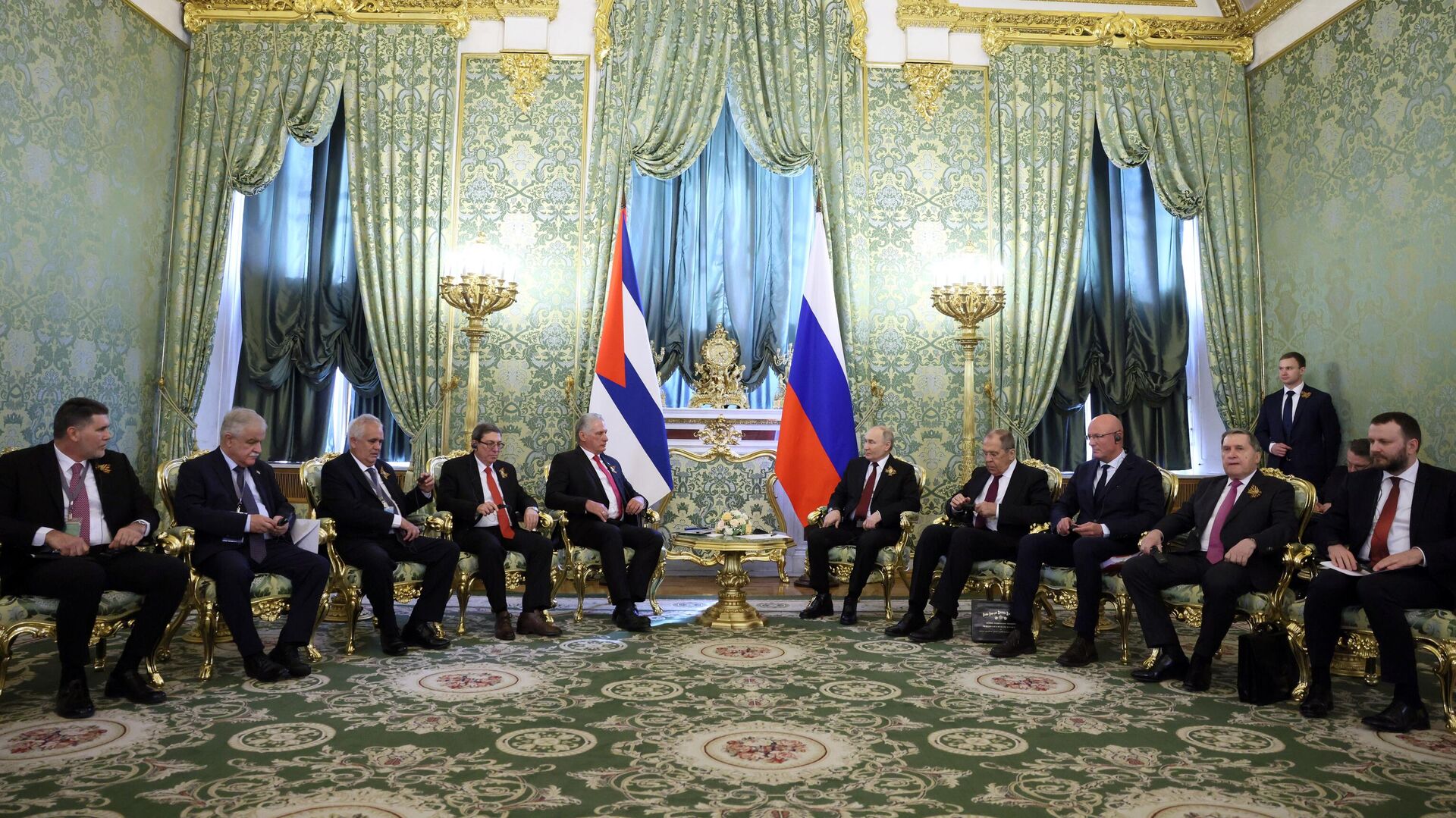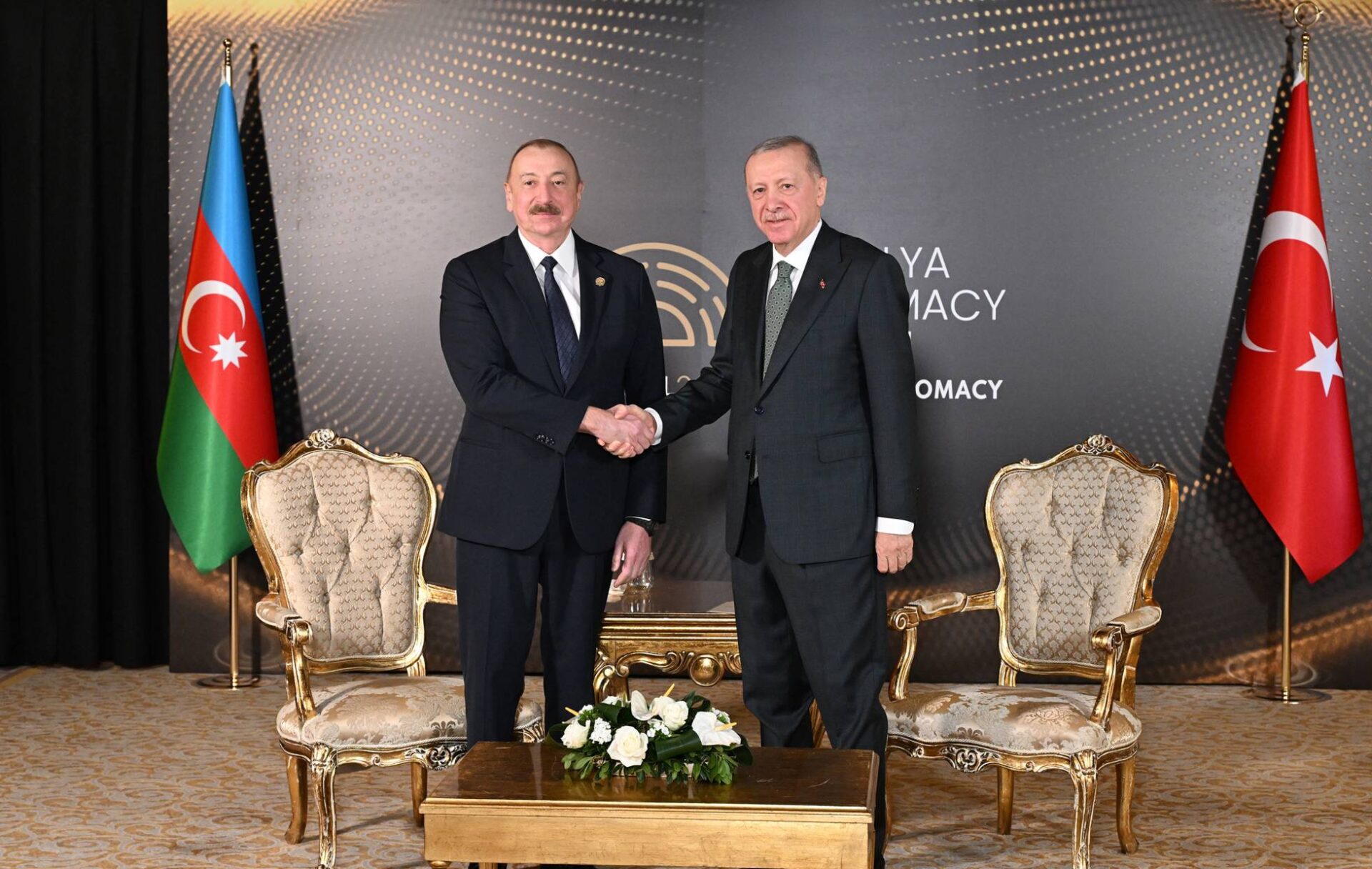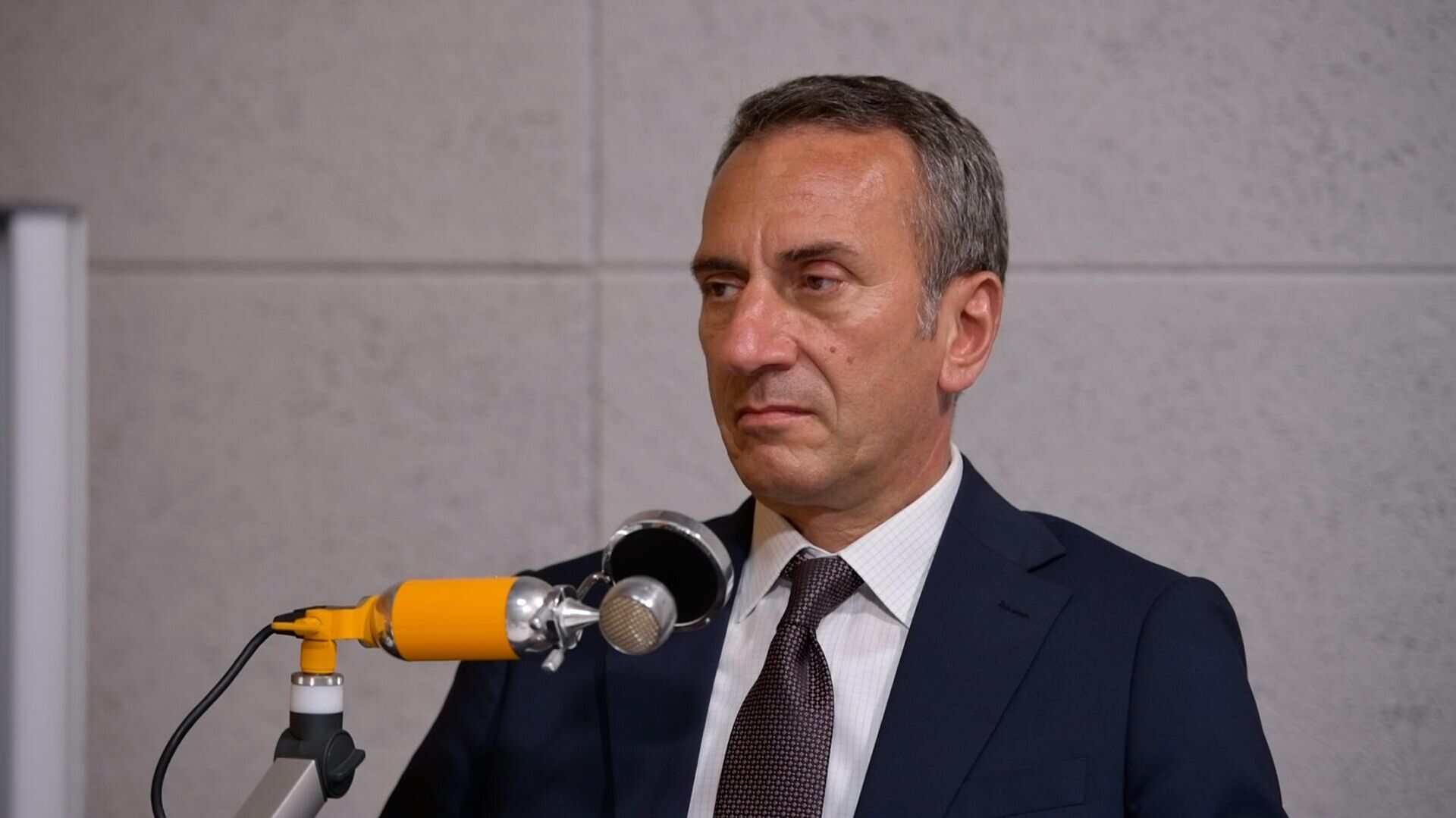
Russia Emphasizes Non-Military Threats in the Arctic Region
Russia Emphasizes Non-Military Threats in the Arctic Region
In an article in the military-theoretical journal Voyennya Mysl, Russian Colonel Oleg Gavrilovstates that “on the basis of the analysis of national interests of Western countries in the Arctic region, it is possible to ascertain those [interests] that are adverse to Russia’s.” Among others, he lists the expansion of the United States’ military presence in the Arctic region, the deployment of elements of anti-missile and early-warning systems by the US, and the deployment of US strategic deterrence forces and related military infrastructure (Mil.ru, June 1). Yet, aside from such military-related threats, Gavrilov also notably points to non-military strategic threats with the potential to erode Russia’s stance in the Arctic region and diminish its capabilities there. Those threats can be summarized in three broad categories: ecology, ethnic separatism and the legal status of the Northern Sea Route.
In terms of ecology, the Voyennya Mysl author refers to “anti-Russian” actions that take the form of “politicization of ecological problems in Russia’s Arctic zone, which is in effect a serious challenge to Russia’s national security.” Among other aspects, he notes that “so-called ecological problems could be used as a pretext for the non-Arctic countries (including some members of the EU [European Union]) to become actively involved in Arctic affairs […] and discredit Russia, so that international public opinion construes Russia as a country that is incapable of independently and effectively controlling its Arctic territories.” Indeed, conservative-nationalist Russian information outlets have been increasingly preoccupied with the West supposedly trying to use non-governmental organizations (such as Greenpeace) to “discredit” Russia for contributing to an “approaching ecological catastrophe in the Arctic” (Greenpeace.org, accessed July 27). Likewise, they charge that the West is using countries such as Finland as a means to “vilify Russia” (Newsbalt.ru, January 10, 2014). As Gavrilov notes, “under certain circumstances, such [anti-Russian] information campaigns could result in Russia starting to be viewed as a country incapable of securing its environment, which in turn might result in halting or even cancelling some strategically important projects in the Arctic region” (Mil.ru, June 1).
Ethnic separatism as a means to drive Russia out of the High North is an issue that started to gain currency with Russian conservative media in the early 2010s. At that time, the head of the PomorAssociation, Ivan Moiseev (whom Russia has since accused of spying for Norway), was actively pursuing the interests of one of the Russian Federation’s northernmost indigenous groups, the Pomors (Tvrain.ru, November 22, 2012). In his assessment, Gavrilov notes that “the mechanism for launching a tide of ethnic separatism in Russia’s Arctic zone, under the guise of the so-called ‘Pomor project,’ has been enacted by the West.” He argues that “the template used [in the Arctic] has already been tested in Ukraine…” and includes “denial of everything Russian (common spiritual and ethnic roots, history, religion and culture), as well as propaganda of everything non-Russian [nerusskost].” Gavrilov states that the “Pomor project” aims to develop such themes as “fundamental ethnic divisions between the Pomors and Russians,” “centuries-long suppression of their language, forceful assimilation” and “colonial exploitation.” In other words, he asserts that the objective is to create a repugnant image of Russia and underline “their [Pomor] proximity to Norway, its culture, politics and mentality” (Mil.ru, June 1).
At this juncture, it is important to note that Russia’s concerns pertaining to potential Pomor separatism, primarily in the area of the White Sea, have spread well beyond this region to virtually the whole Russian High North. Moscow seems to be increasingly preoccupied with a theory actively promulgated by Sakha Republic–based scientists Uliana Vinokurova and Yuri Yakovets—the so-called “Arctic Circumpolar Civilization” (Arcticheskaya Tsirkumpolyarnaya Tsivilizatsiya). These scholars postulate the existence of a “common Arctic genotype among northern circumpolar indigenous peoples (the Chukchi, Evenks, Inupiat, Khanty, Koryaks, Nenets, Sami, Yukaghir, and Yupik) based on shared linguistic and cultural traditions” (M-Yakutsk: MISK-AGIIK, 2013). Apparently, Russia’s uneasiness with this theory is premised on the purported prospect of the unification of these indigenous peoples on a platform that is more independent from the Moscow-backed Orthodox-Slavic “core.”
Finally, Gavrilov suggests that questions over the legal status of the Northern Sea Route could be exploited to try to dilute Russia’s grip over Arctic transportation routes. In this regard, Russia’s main fear is the prospect of “internationalization” (equal rights of passage for all nations) of the NSR as a middle segment of the longer Northeast Passage (NEP), which connects Asia with Northern Europe. Moscow, in contrast, insists the NSR is territory over which it retains exclusive rights. Russia’s paramount concerns relate to Washington’s insistence on freedom of passage through the NEP, which, in turn, might “lead toward its [NEP] prospective exclusion from Russia’s legal jurisdiction” (Mil.ru, June 1). Within this context, it is worth mentioning the reflections of conservative Russian military expert and historian Aleksandr Shirokorad, who has argued that the US is actively trying to achieve its objective (the internationalization of the NSR/NEP) by using various means, including a combination of scientific research and indirect espionage. Namely, he claims that “approximately half of foreign vessels that have crossed the NEP between 1991 and 2018 were dual use—in other words, combining scientific research with espionage—and it is virtually impossible to make a clear division between the former and the latter” (Vpk.name, February 11).
Aside from the above-mentioned fears, Moscow is perfectly aware of the fact that numerous internal problems plague Russia’s near-Arctic zone; and even without Western “help,” these might ultimately contribute to a serious regional crisis. For example, the most recent sociological study conducted by the Obshestvennoye Mneniye Foundation has shown that the population in the region (particularly, in the Far East and the Siberian Federal District) remains bitterly disappointed with local living conditions (73 and 66 percent of respondents, respectively). Additionally, residents of the Russian High North complain about the extremely ineffective system of local governance (Nezavisimaya Gazeta, July 23), despite massive financial injections from Moscow and the Kremlin’s habitual explicit warnings about the local authorities’ unsatisfactory results. However, the situation might further worsen if Moscow decides to cut down on economic support to the area. Indeed, several weeks ago, the Russian Ministry of Finance warned that continued state support for projects elaborated by the Ministry for Development of the Russian Far East and Arctic (Minvostokrazvitia) as well as traditional subsidies to these regions are leading to massive budget shortages that can no longer be covered by profits derived from oil and natural gas (Nezavisimaya Gazeta, July 15). Thus, barring a sudden and lasting spike in petroleum prices, prospects for Russian development of the High North look bleak.


